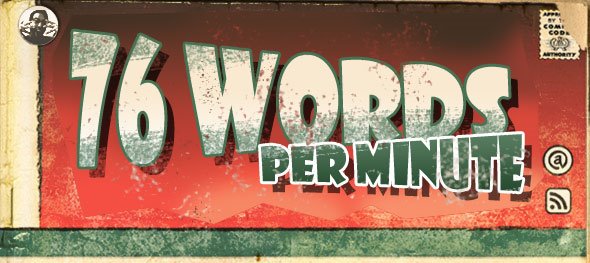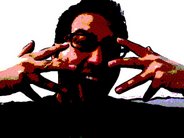Being sick a couple of days either opens doors of opportunity for some annals of productivity, or it breaks you down. In my case, I had one day of breaking down and another somewhat productive day, but the most productive thing I did was to finish a book! When was the last time you could say you finished two books in one month?
Books in question were Philip K. Dick's A Scanner Darkly and Augusten Burroughs' Running with Scissors. Both very different pieces on the surface, and style-wise it was almost jarring to go from one book to the next. Funny thing is, they also happen to be similar in theme in one form or another.
Scanner, outright, is a dense tale of paranoia, identity, and addiction all set within a dense science fiction backdrop. Reading through the tale of Bob Arctor/Agent Fred, I got the sense that the backdrop was the least important part of the story, which, in my opinion, really exalts this book beyond most other sci-fi works. Reading the afterword, it becomes apparent that there is much more to the story than an overarching drug conspiracy. Dick himself was inspired by those he met in an addiction recovery facility and wrote Scanner as a memoir of sorts. When he realized that no one would publish it as a straight tale of non-fiction, Dick Acquiesced and wrote most of it in his traditional science-fiction voice. It would have been most interesting to see this outcome, but the end product doesn't lessen the art of his words. It's bleak and admonishing of recovery facilities that attempt to break people down instead of building them up, but moreso, Dick emphasizes how the choice and the disease of addiction not only ruins lives and relationships but the very essence of a person's humanity. Really, you think it's all about identity, but a little research reveals so much more.
Burroughs' Scissors is a hardly straightforward memoir of his early to mid-adolescence amongst his surrogate family and the relationship with his mentally ill and outrageous mother. Similar in the sense that there is autobiographical material therein, the tone is where both pieces diverge. While Scanner reads long and gripping, Scissors is a breezy work of paperback confession. Most claim it as one of the funniest books of the past decade, and while most of it is quite amusing, it also contains shock value and the hard truth of abuse and loneliness. Through a few passages, I shook my head at the sheer frankness and brutal honesty behind Burroughs' words and often found myself doubting their validity. On the other hand, how could such outrageousness not be true. In any case, Scissors contains the same bleak outlook of the early onset of a life unordinary, however, unlike Mr. Dick's cynical world-view, Mr. Burroughs tends towards optimism and hope for the future. Triumph over adversity is a popular contemporary theme and Scissors makes no exception that this is truth. What better way to present it then through the humorous eyes of the adult self.
So while I enjoyed both books, I would give the literary claim to Dick in this round, mostly because I felt that Burroughs tended towards the unnecessarily gratuitous. Perhaps that is the point of abuse, to show how ugly it can be, but it was most cringe-worthy in reading. Taking away what I will from both of them, these books were inspiring in the plainness and directness of their language. They never tried to be cute or flowery and for this, I appreciate what I've read.
Subscribe to:
Post Comments (Atom)


No comments:
Post a Comment